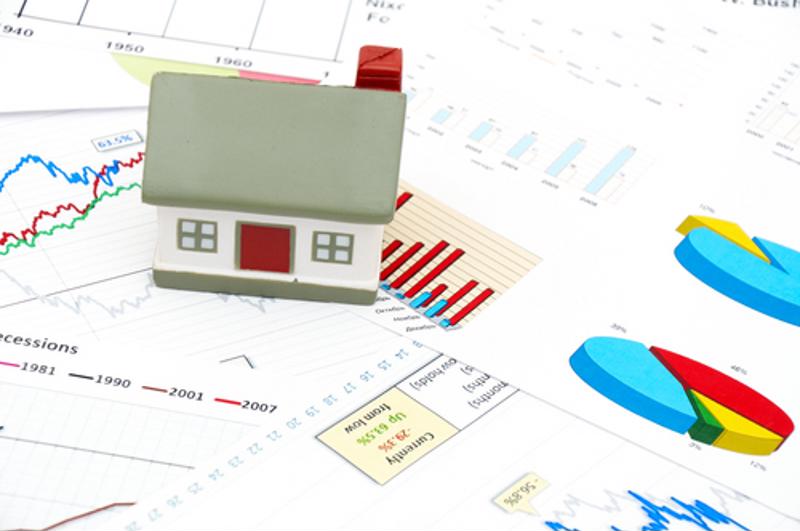Business founders and CEOs make countless decisions every day that will impact the future of their organizations, but perhaps no such choice is more important than that of choosing a location. For any establishment, location is a crucial ingredient in success – it determines what sorts of people will have easy access to your brand and how you will build engagement with them.
For this reason, the market for commercial real estate is a highly competitive one. Investing in real estate is a pivotal moment in the history of every business, and executives put a lot of time and effort into choosing the best building possible. They look at a range of factors and weigh numerous costs and benefits.
"Today's business leaders don't just want to make money – they also want to be eco-friendly."
Nowadays, they're looking more than ever at factors like sustainability. Today's business leaders don't just want to make money – they also want their organizations to demonstrate corporate social responsibility, and being eco-friendly is part of that effort. A quick look at today's real estate market reveals that sustainability is weighing heavily on decision-makers' minds.
Increased demand for new building features
When business leaders start to evaluate their commercial real estate options, they tend to look closely these days at the eco-friendliness of the choices in front of them, according to new research from PricewaterhouseCoopers. Don Reed, managing director for sustainable business solutions at PwC, wrote in a report that surveying the market reveals a significant increase in demand for sustainability.
"Commercial tenants are increasingly demanding green building features," Reed noted. "Particularly corporate and government tenants who often have policies for minimum LEED or other green building standards to qualify for leasing."
LEED is a great example of this. The green building standard used to be a bonus that was considered nice to have, but not essential. Now, in many cities such as New York, Chicago and Washington, D.C., standards are quickly rising, and LEED certification is looking like a must-have. Real estate developers are adjusting accordingly.
Sustainability is clearly driving value
In the real estate world, there's a growing level of understanding that green building is worth the expense and then some. Obtaining new features like energy-efficient power sources and lighting fixtures used to viewed as a burdensome expense, but it's now seen as an investment in the value of one's properties.
PwC's analysis showed that on average, rental rates for commercial properties are 3 percent higher with buildings that are LEED-certified versus those that aren't. Resale values are also 13 percent higher.
"While the enhanced value can be challenging to demonstrate empirically, there is growing evidence to suggest that asset managers can create competitive advantage in attracting and retaining tenants and achieve above-average asset value appreciation by understanding and delivering on key sustainability market demands," Reed explained.
 The real estate market is influenced by many factors.
The real estate market is influenced by many factors.Every little change matters when it comes to driving commercial buildings' sustainability. Even a seemingly minor adjustment like installing a high-efficiency water heater can have a big impact.
Water heating is a major factor
If your building is more sustainable, your bottom line should show it. A more resourceful building is one that pays considerably lower utility bills month after month.
This is exactly why it's important for commercial real estate brokers to consider the potential of a commercial tankless water heater. The U.S. Department of Energy recently noted that water is the second-largest expense on the typical utility bill, after power, and that the average household uses 64 gallons of water per day. For a large commercial building, that figure will only be higher, which means it's imperative to supply that water and heat it efficiently.

